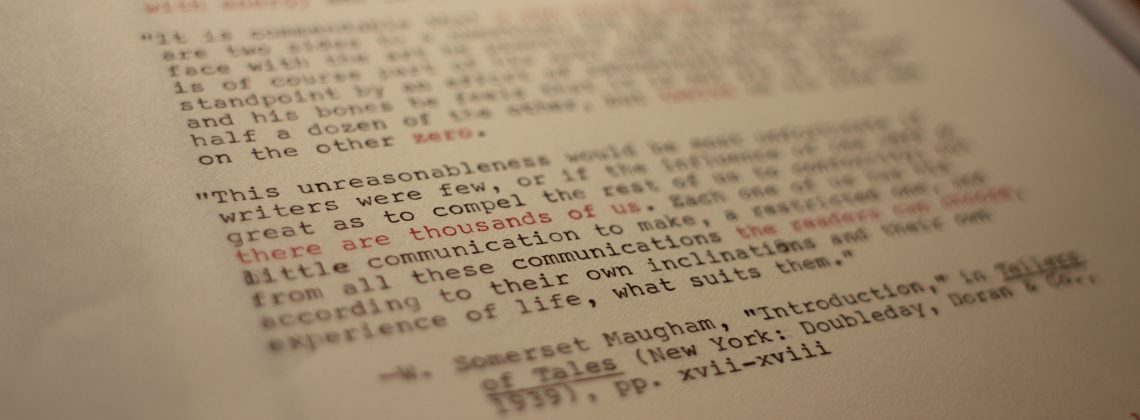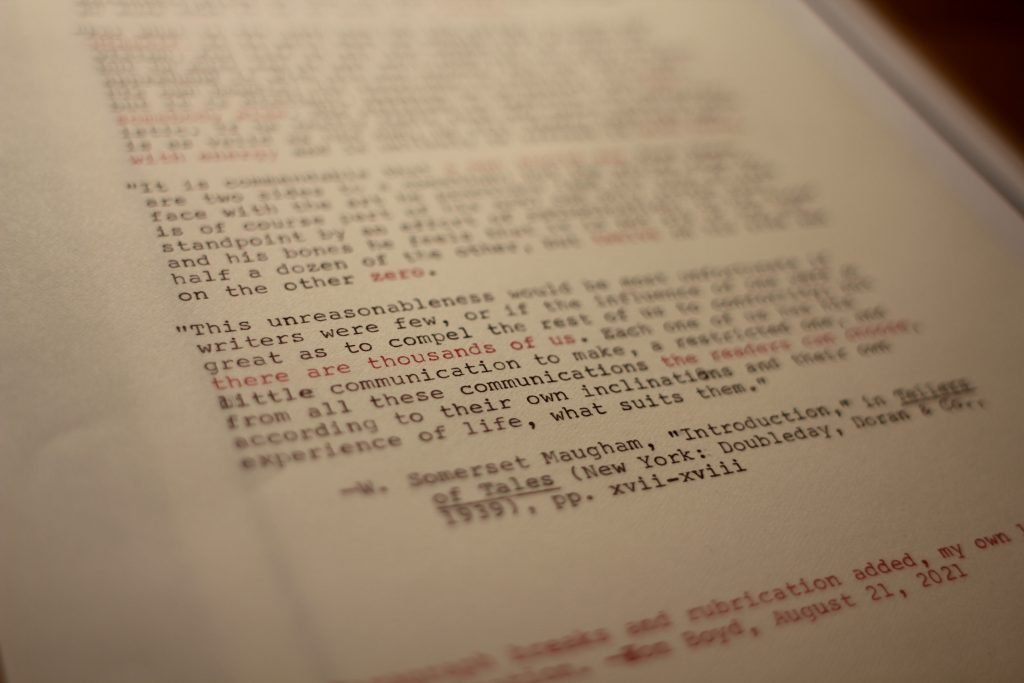

“Each one of us has his little communication to make, a restricted one, and from all these communications the readers can choose.”
In Book Marks, an occasional feature at Current, we take fresh cuttings from old books. They will often be about writing, education, or the life of the mind, though one reserves the right to snap a sprig of greenery that simply tickles the fancy.
Why look at old books? Because there’s a slat loose in the fence they’ve got us penned up in, and if we jiggle it free, we’ll see better what’s going on out there.
I offer an opening comment for orientation, but that’s not where the action is. The question is whether the words of those who have gone before may speak to you.
*
Because I have been mesmerized since I was young by Jane Langton’s A Diamond in the Window (1962), a literary mystery involving figures of the American Transcendentalist movement, a friend recommended another book great for reading aloud with the family, Jennifer Chambliss Bertman’s Book Scavenger (2015). The plot of that rollicking mystery of book nerdery and cryptology features a valuable edition of Edgar Allan Poe’s short story “The Gold-Bug” (1843). Having enjoyed Bertman’s book and wishing to read the Poe story, I was led—deeply enfolded in the papery clutch of chronic bibliomania—to a mid-twentieth-century anthology the Poe story was collected in: Tellers of Tales, compiled by the English writer W. Somerset Maugham in 1939.
With me so far?
There are literally one hundred short stories in Maugham’s anthology, but what has stuck with me the most are the following words from his introduction, a passage in praise of a certain intolerant “unreasonableness.” Hear what he has to say:
Tolerance is a very good quality in a man: if it were commoner, the world of today would be a more agreeable place to live in than it is; but I am not so sure that it is so good in a writer. For what in the long run has the writer to give you? Himself. It is well that he should have breadth of vision, for life in all its extent is his province; but he must see it not only with his own eyes, he must apprehend it with his own nerves, his own heart and his own bowels; his knowledge is partial, of course, but it is distinct, because he is himself and not somebody else. His attitude is definite and characteristic. If he really feels that any other point of view is as valid as his own, he will hardly hold his own with energy and is unlikely to present it with force.
It is commendable that a man should see that there are two sides to a question; but the writer face to face with the art he practises (and his view of life is of course part of his art) can only attain this standpoint by an effort of ratiocination: in his blood and his bones he feels that it is not six of one and half a dozen of the other, but twelve on his side and on the other zero.
This unreasonableness would be most unfortunate if writers were few, or if the influence of one were so great as to compel the rest to conformity; but there are thousands of us. Each one of us has his little communication to make, a restricted one, and from all these communications the readers can choose, according to their own inclinations and their own experience of life, what suits them.
—W. Somerset Maugham, “Introduction,” in Tellers of Tales (New York: Doubleday, Doran & Co., 1939), pp. xvii-xviii; paragraph breaks added.
*
Jon Boyd is keeper of Book Marks at Current. He is associate publisher and academic editorial director at InterVarsity Press, the saxophonist in an improvisational rock band, a user of manual typewriters, and (with his wife and daughters) a resident of the City of Chicago.
“The question is whether the words of those who have gone before may speak to you”. You bring to mind the adage: Some of your best conversations can be with the dead, if you’re willing to take the time to listen.